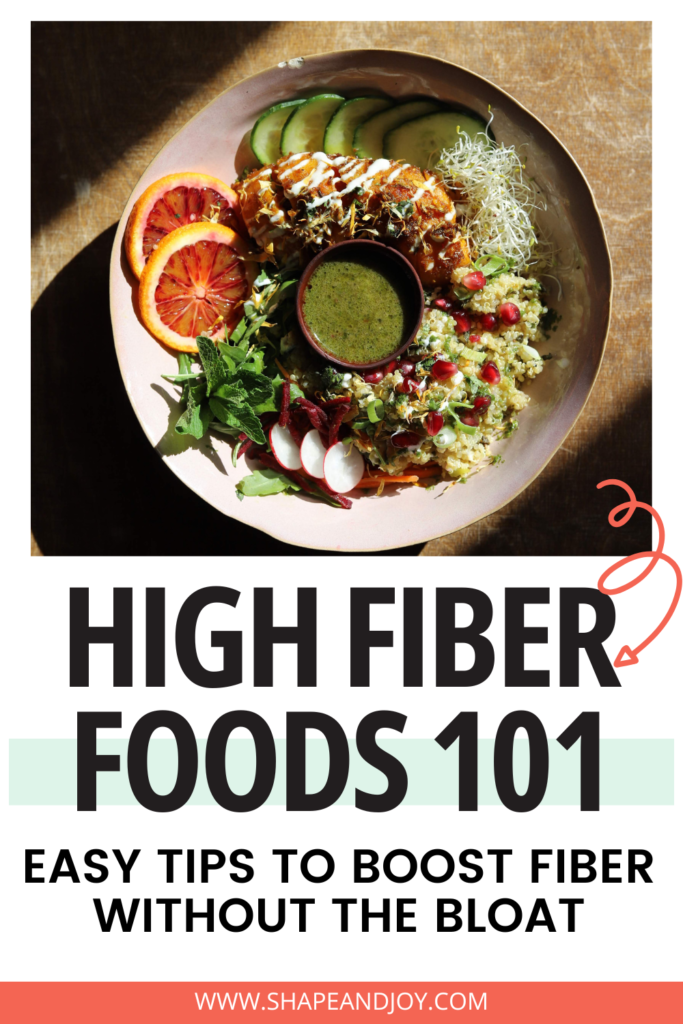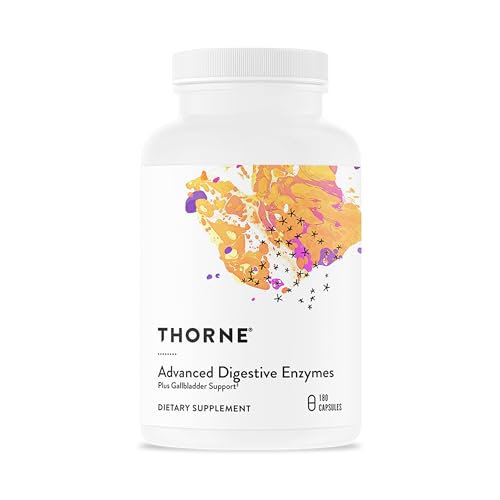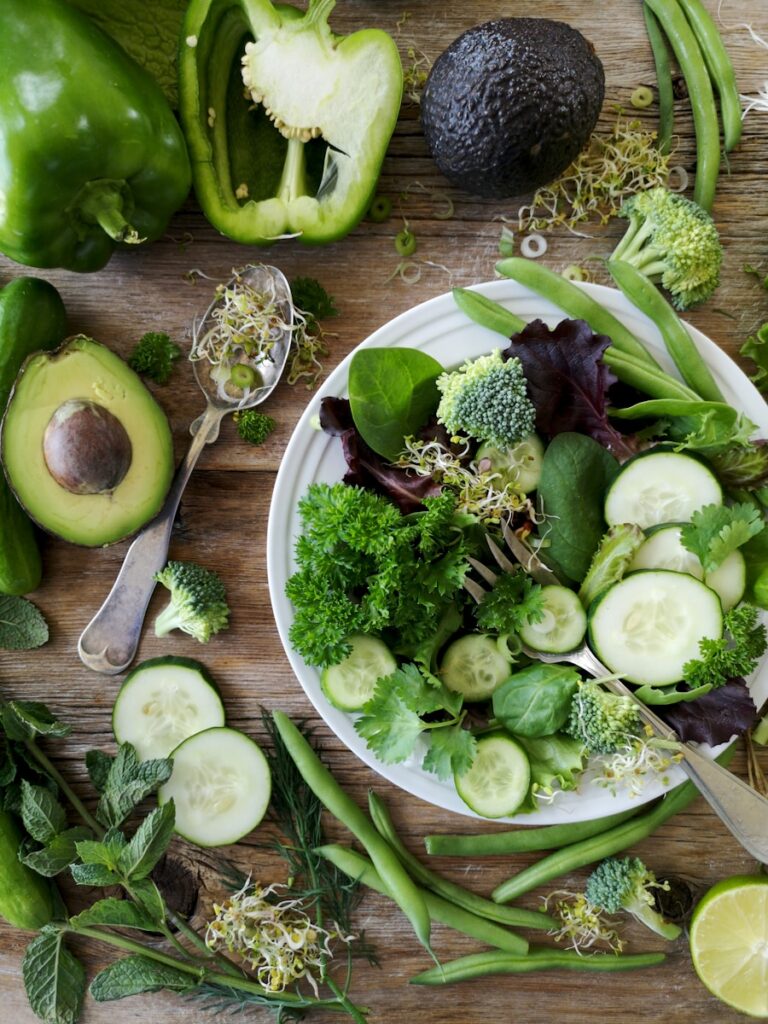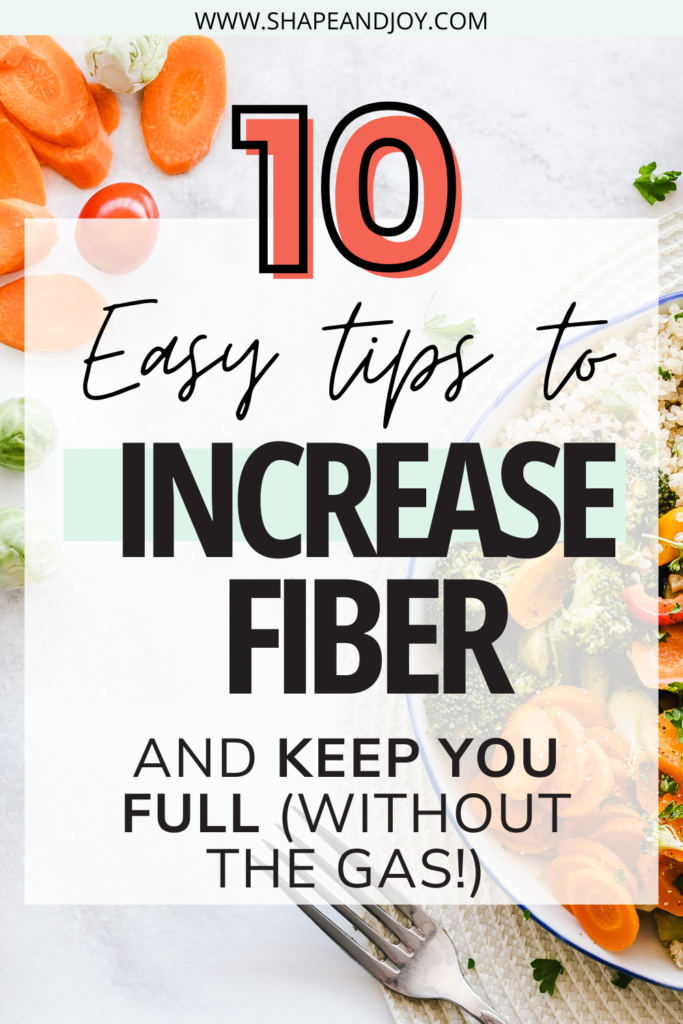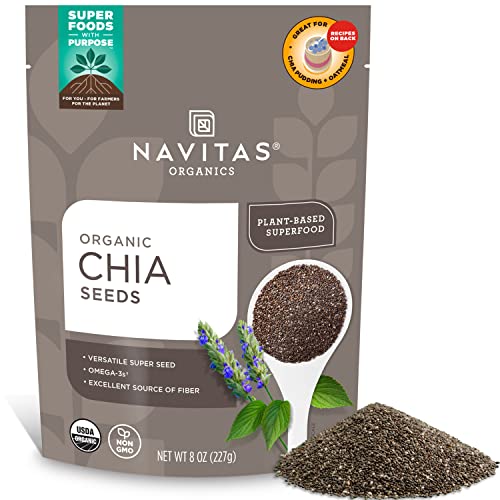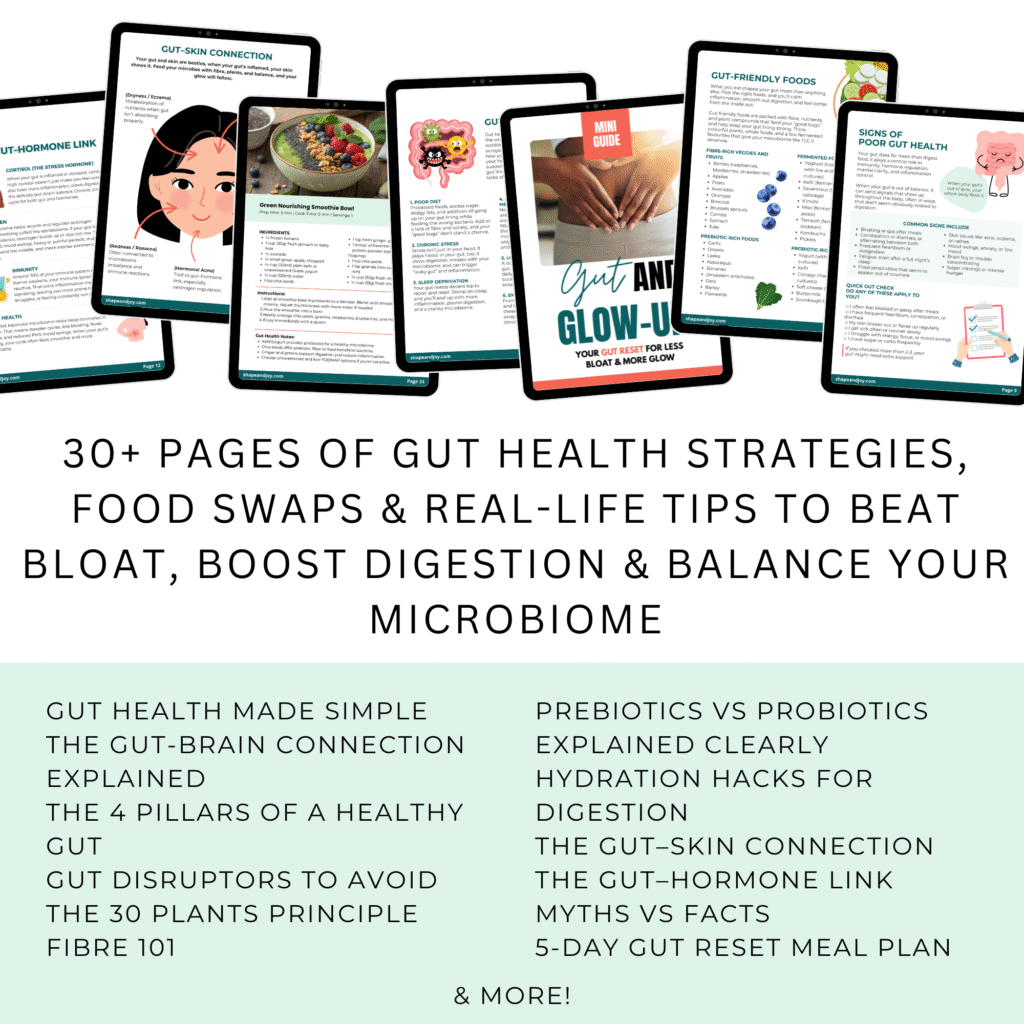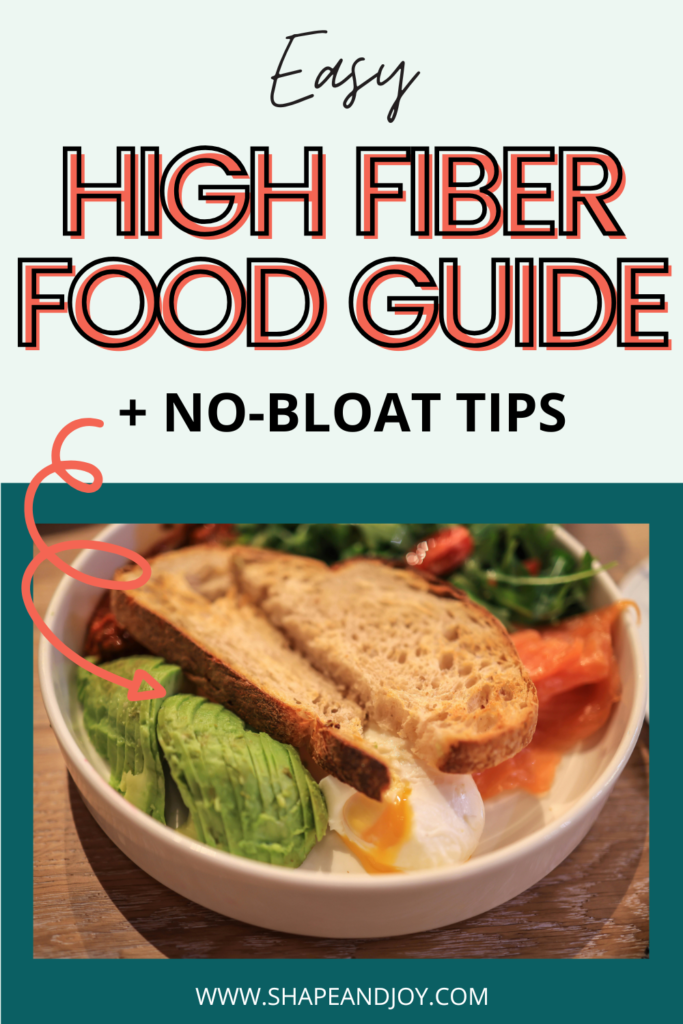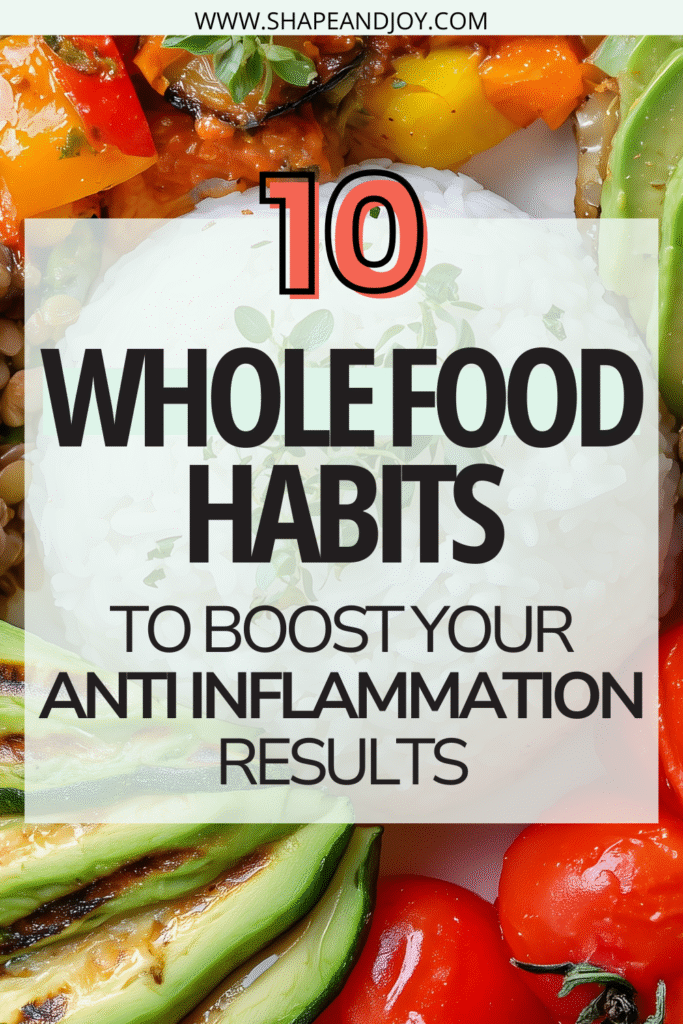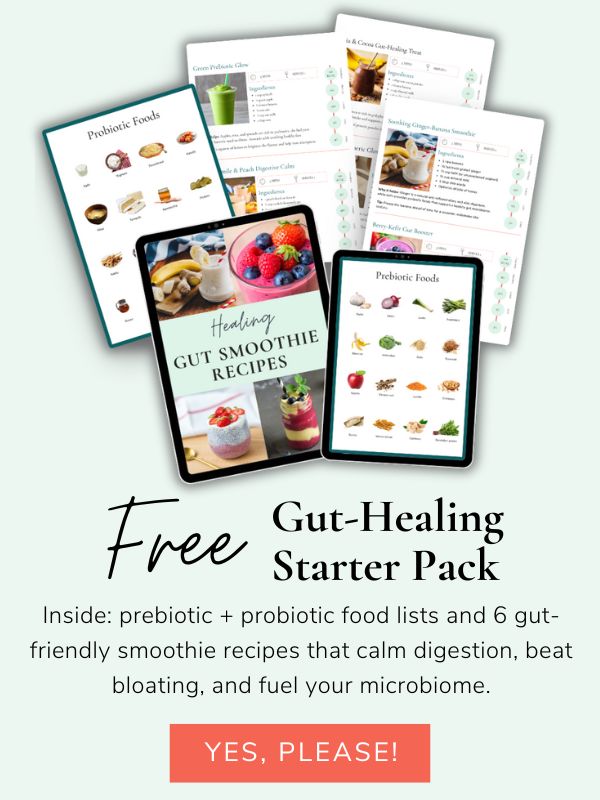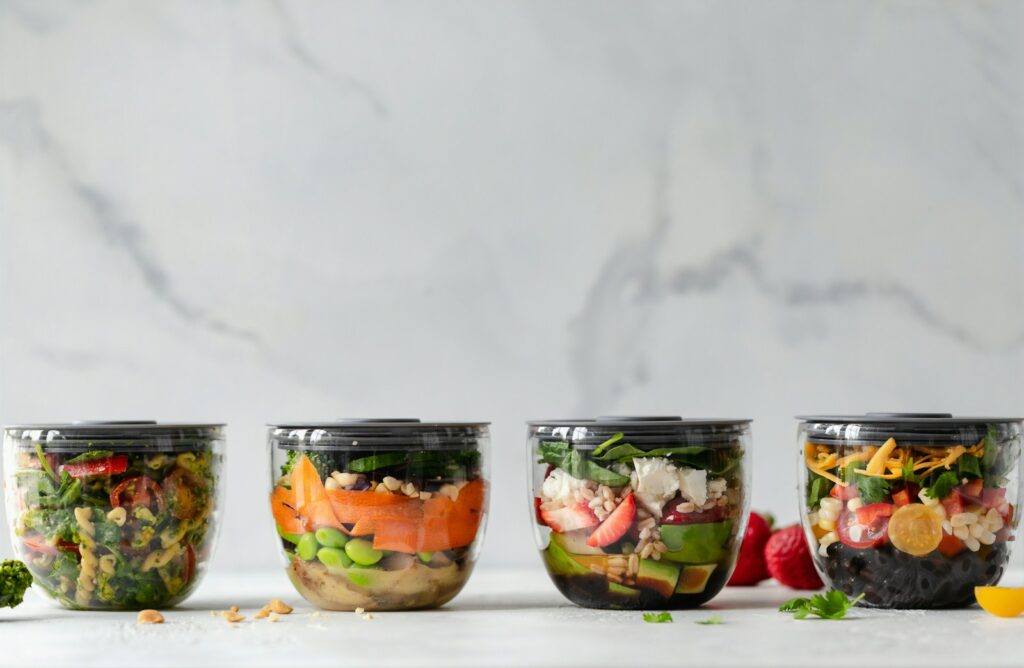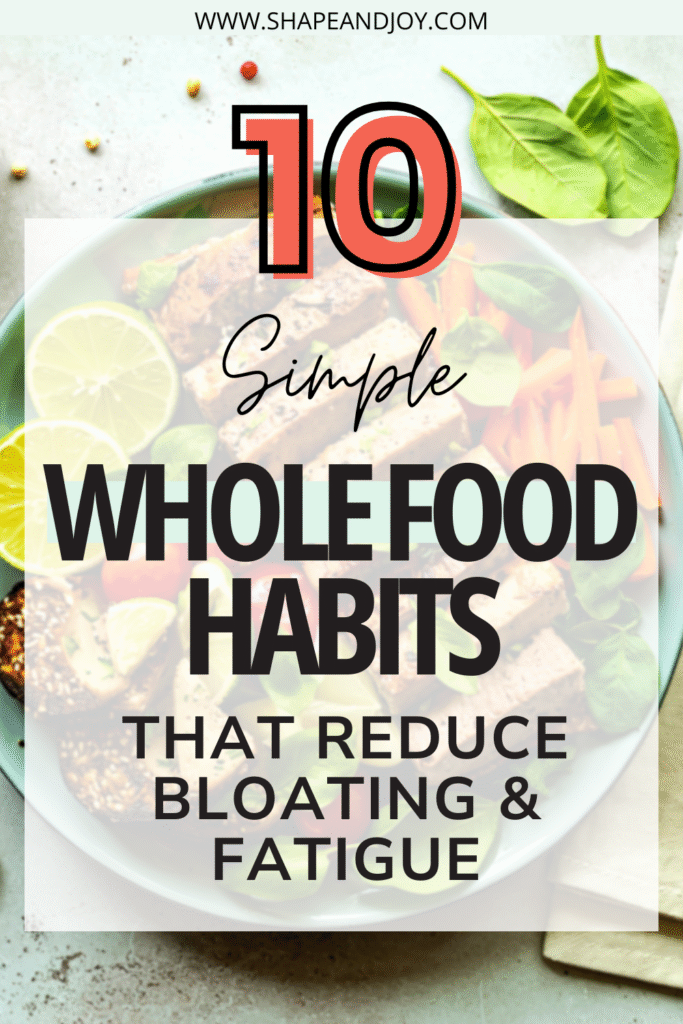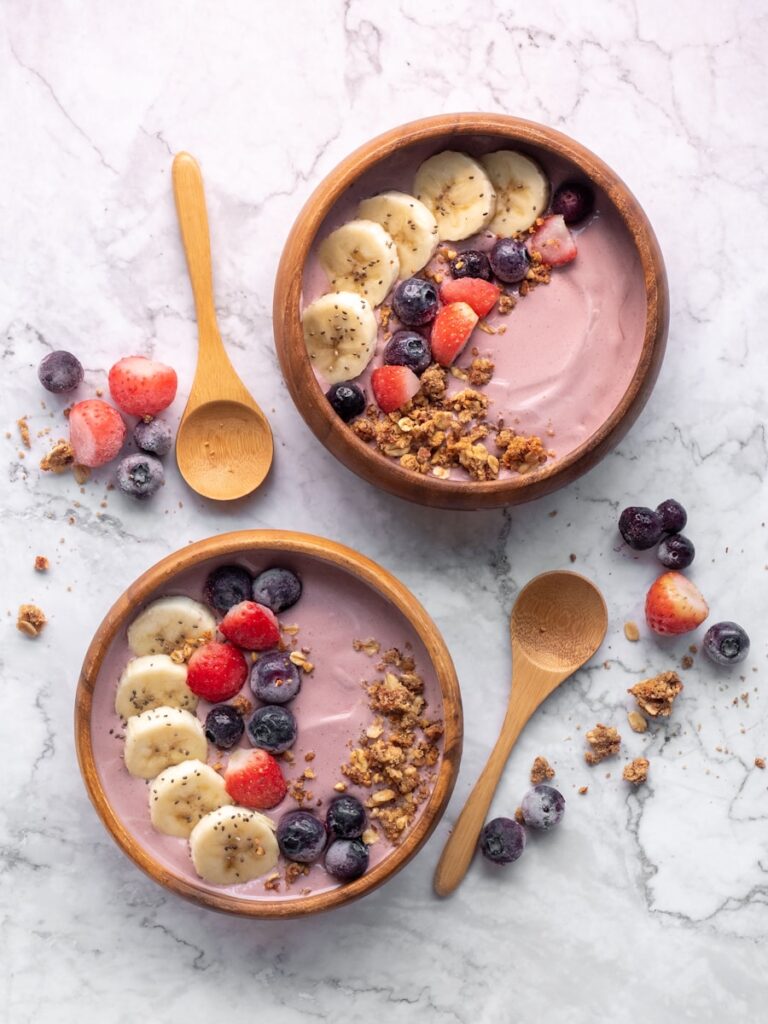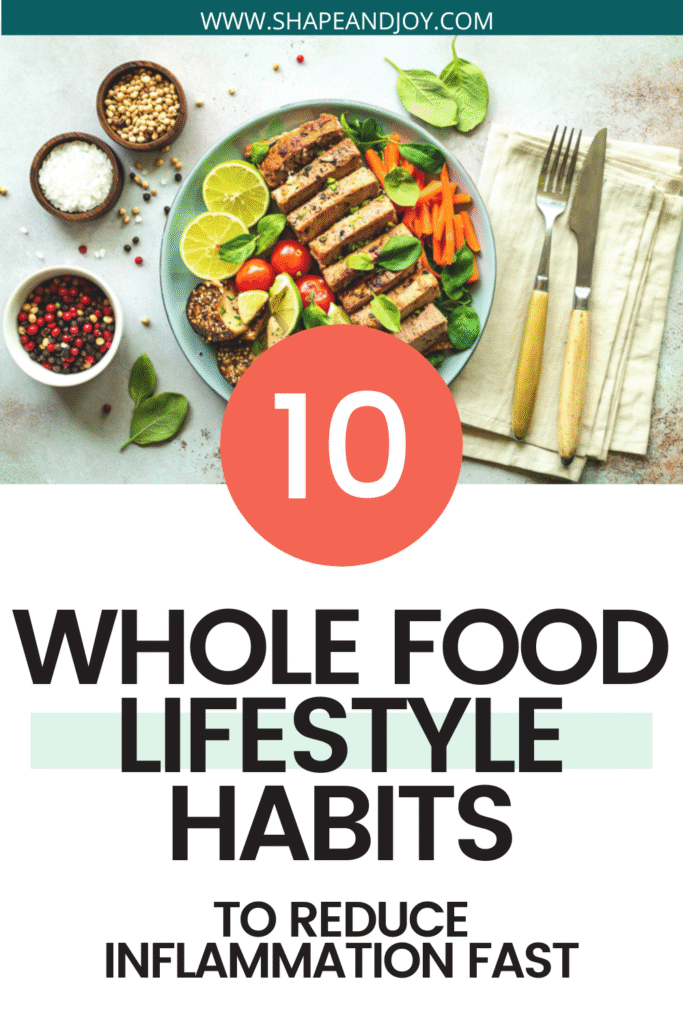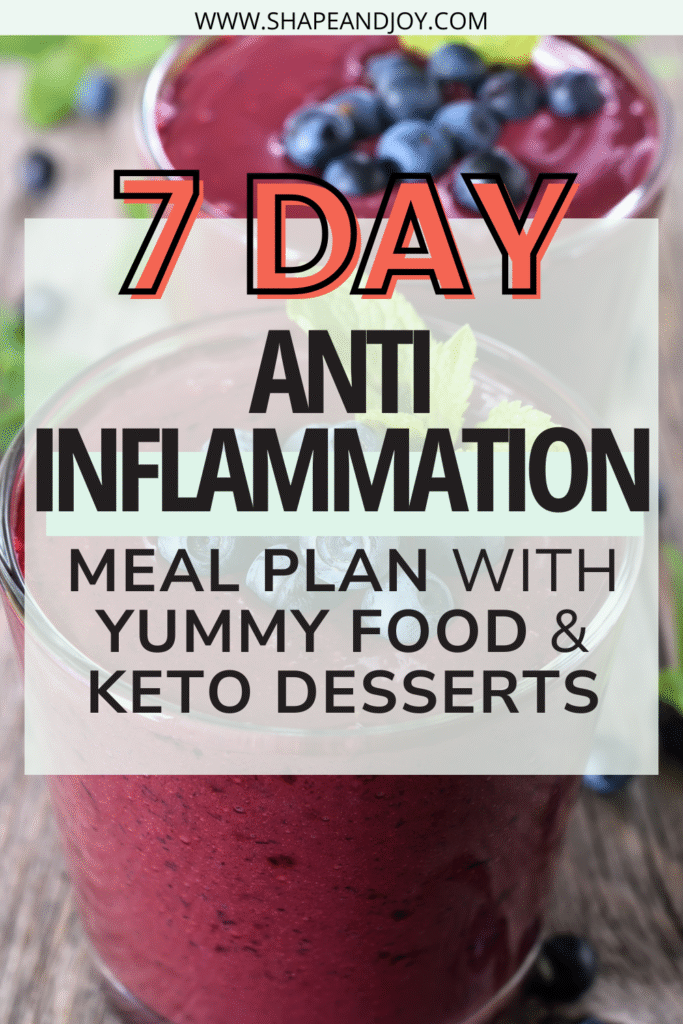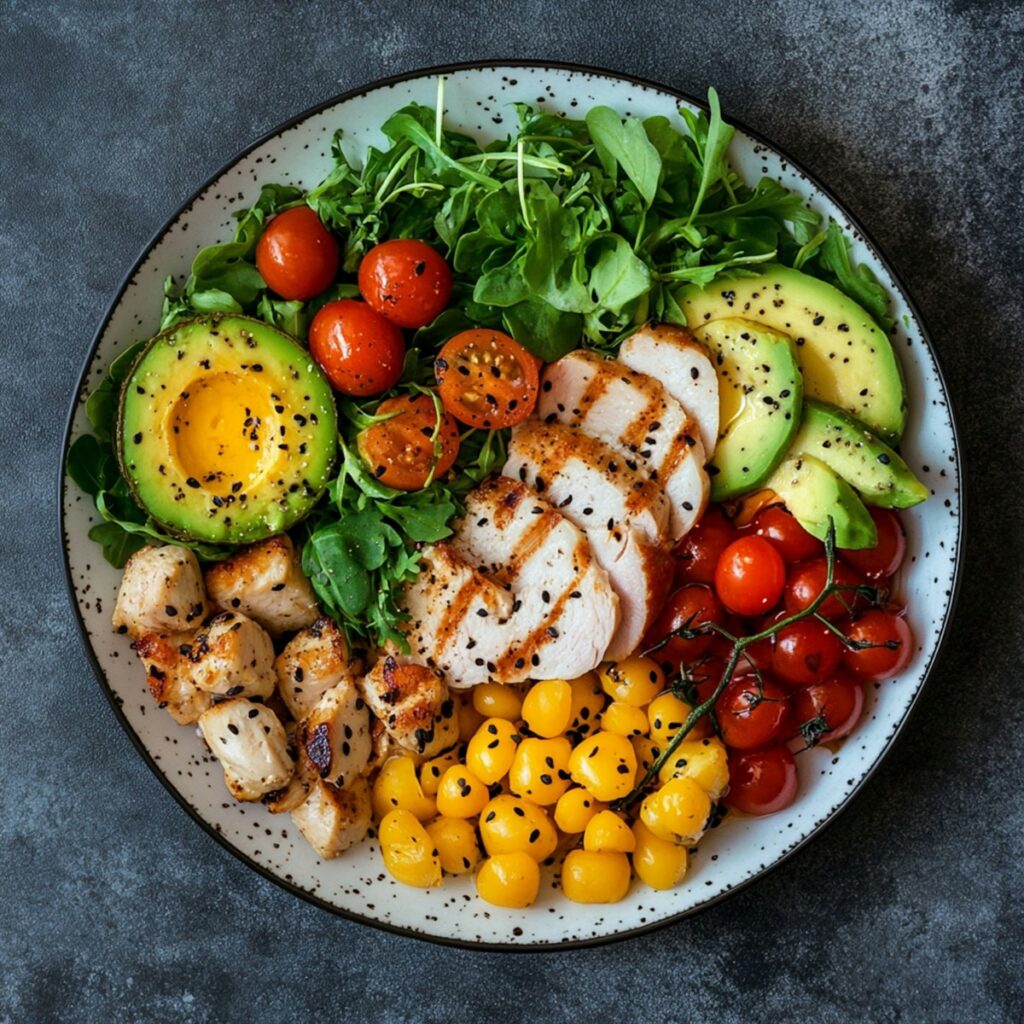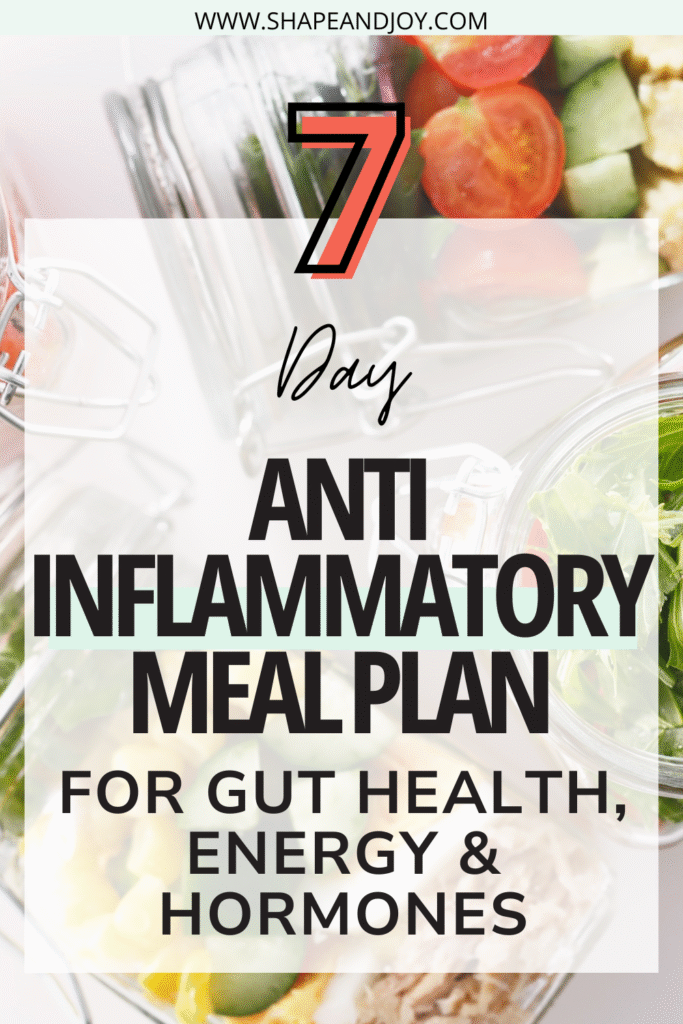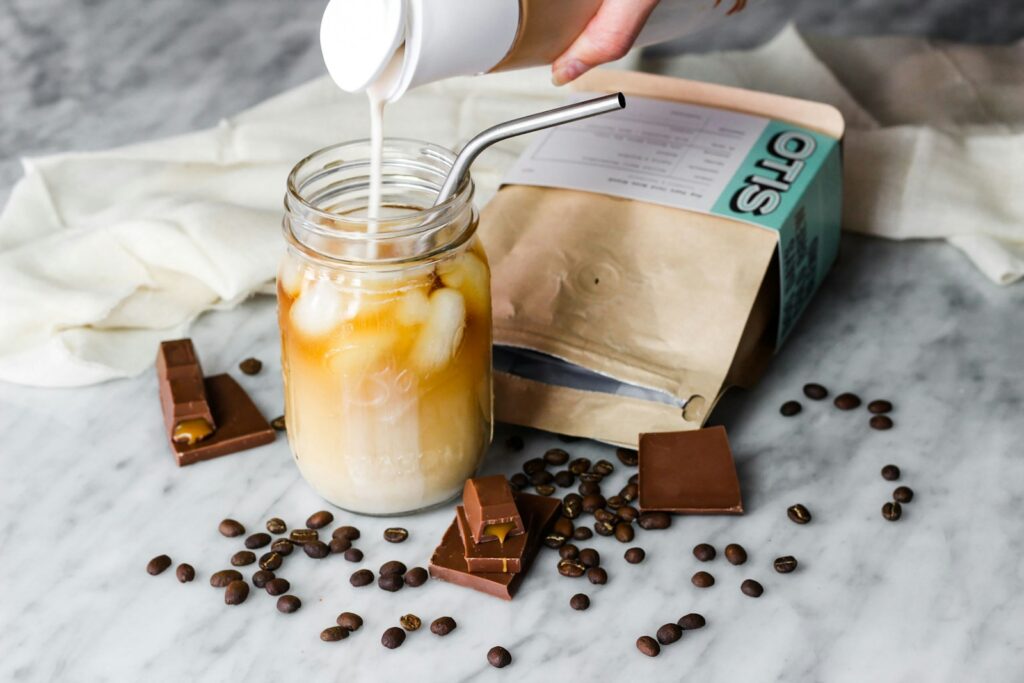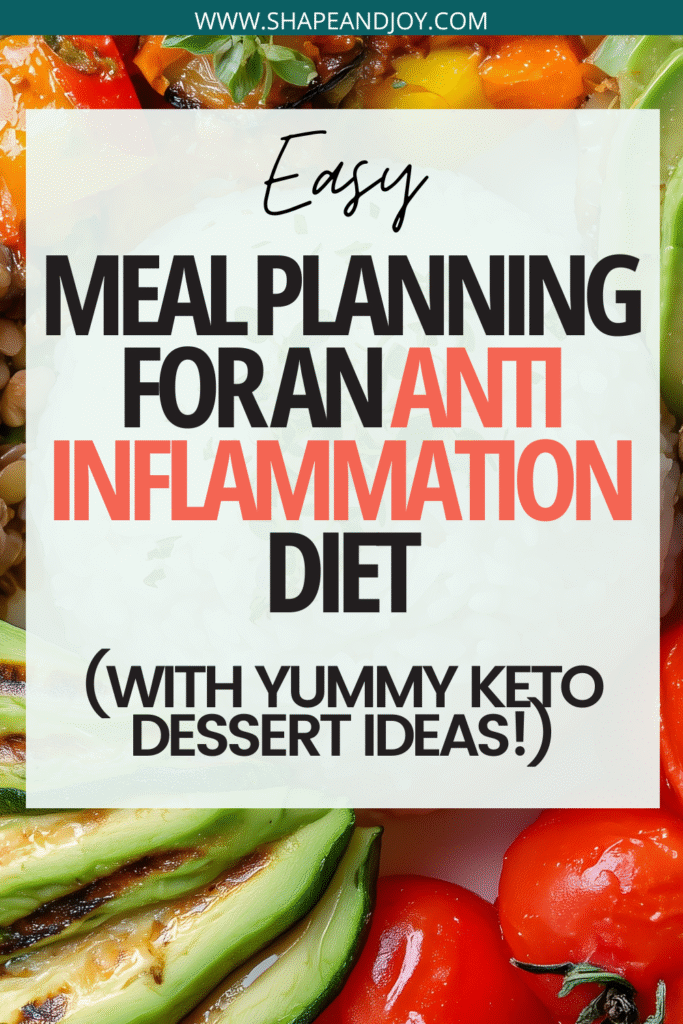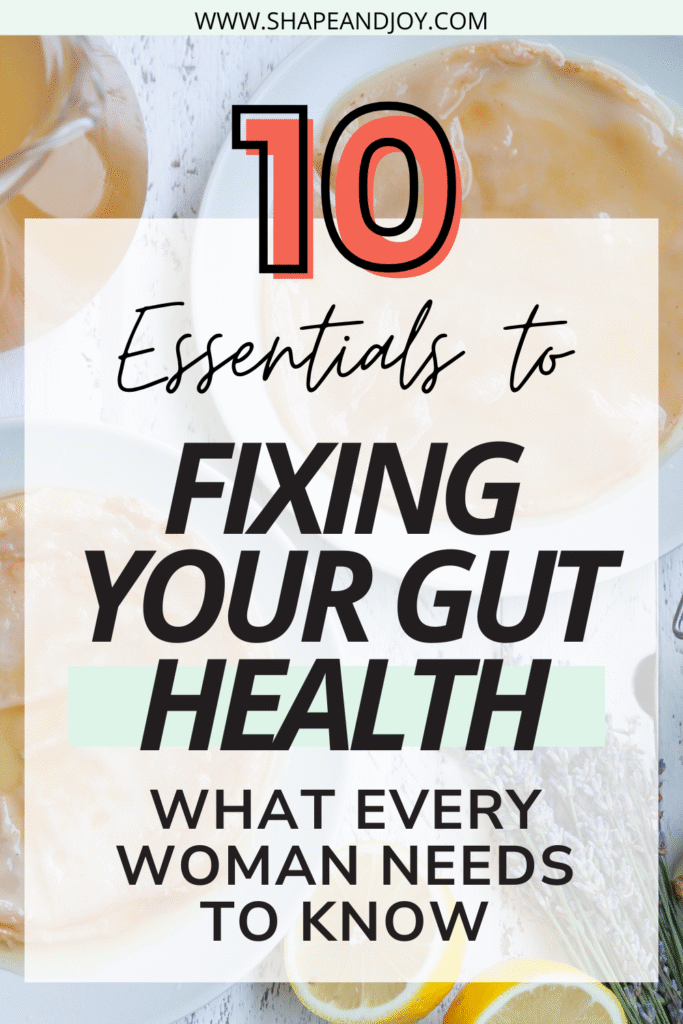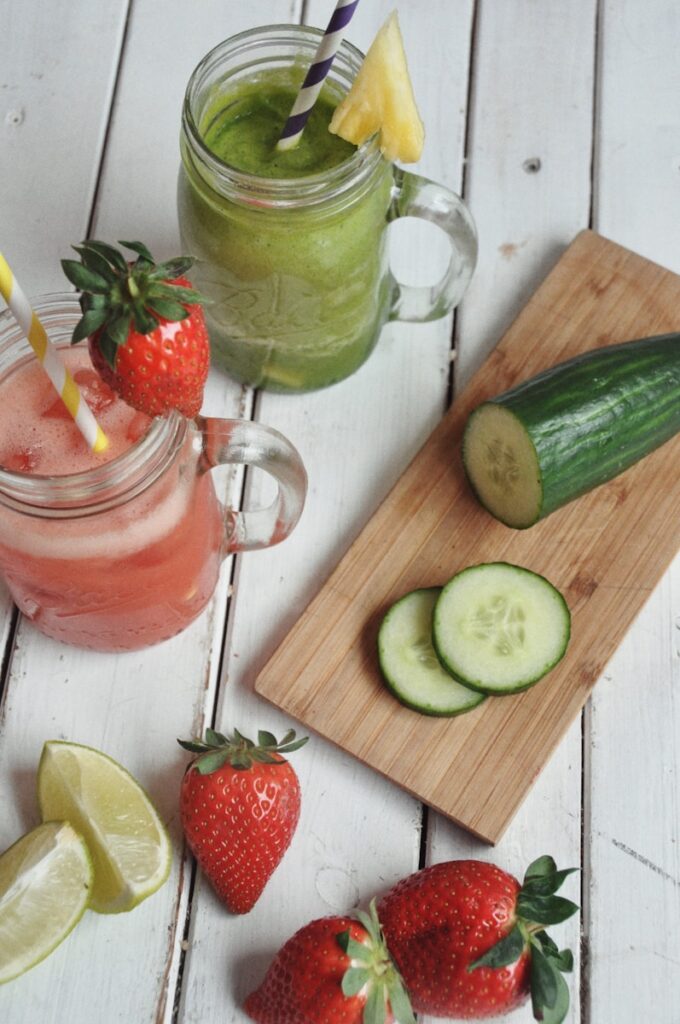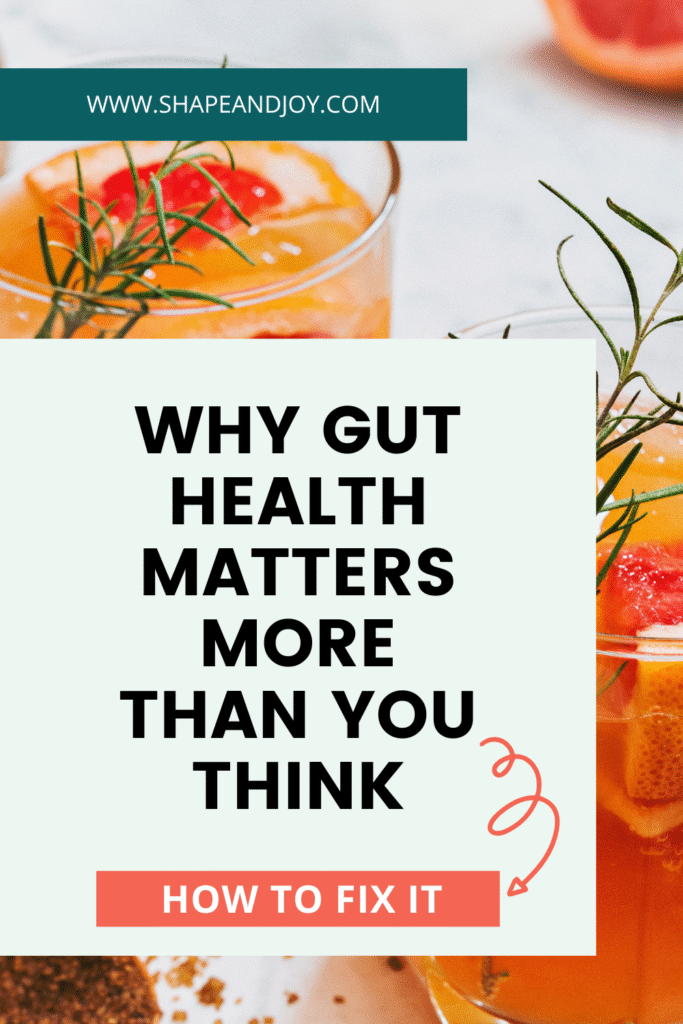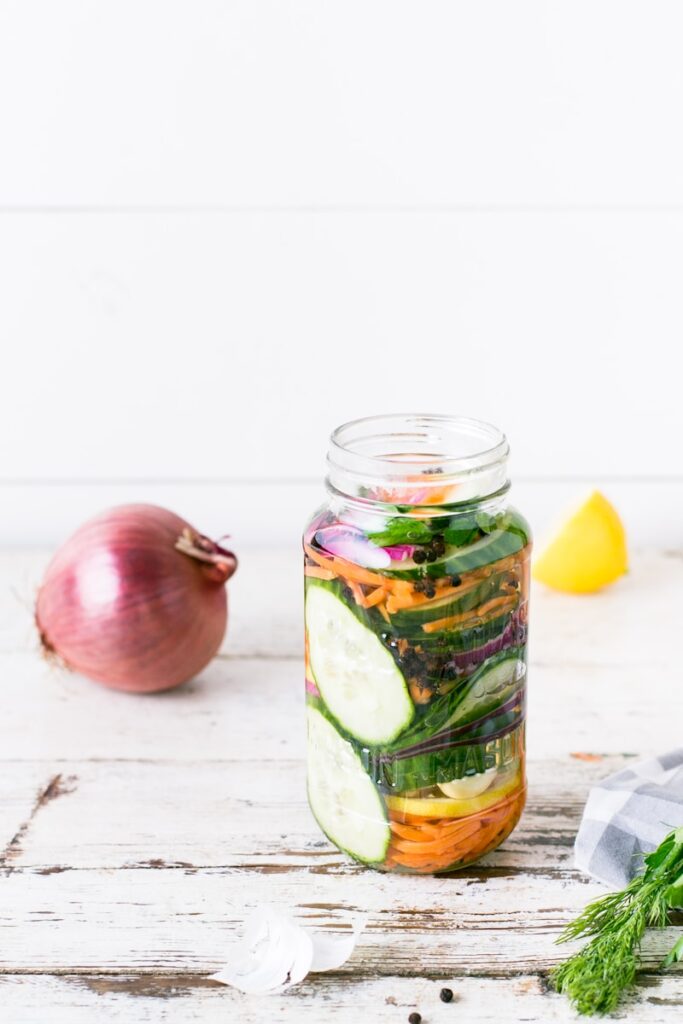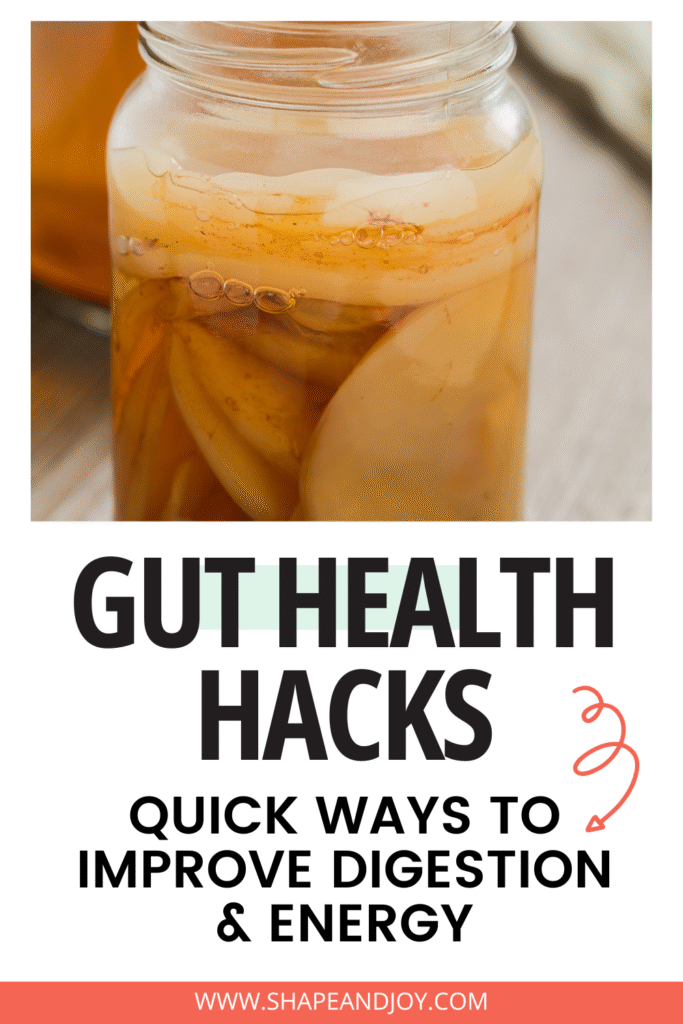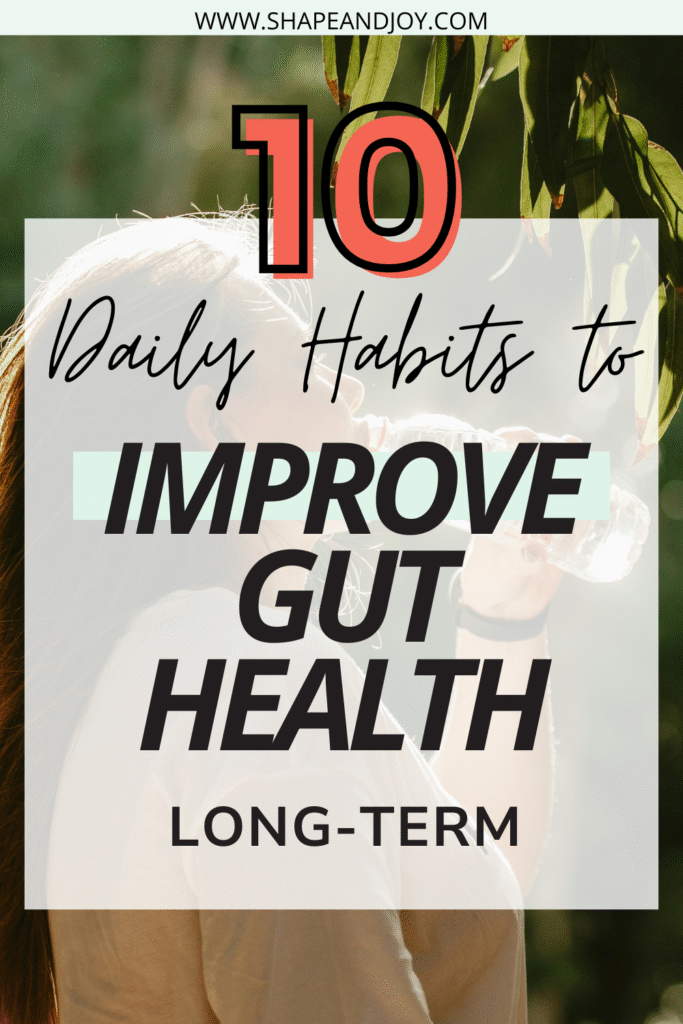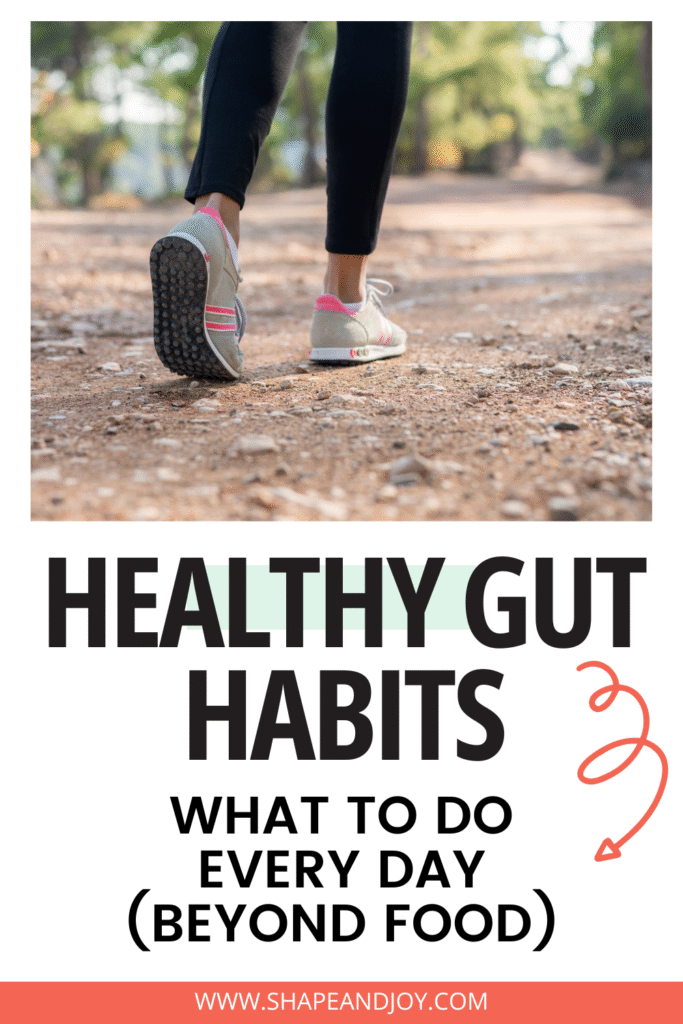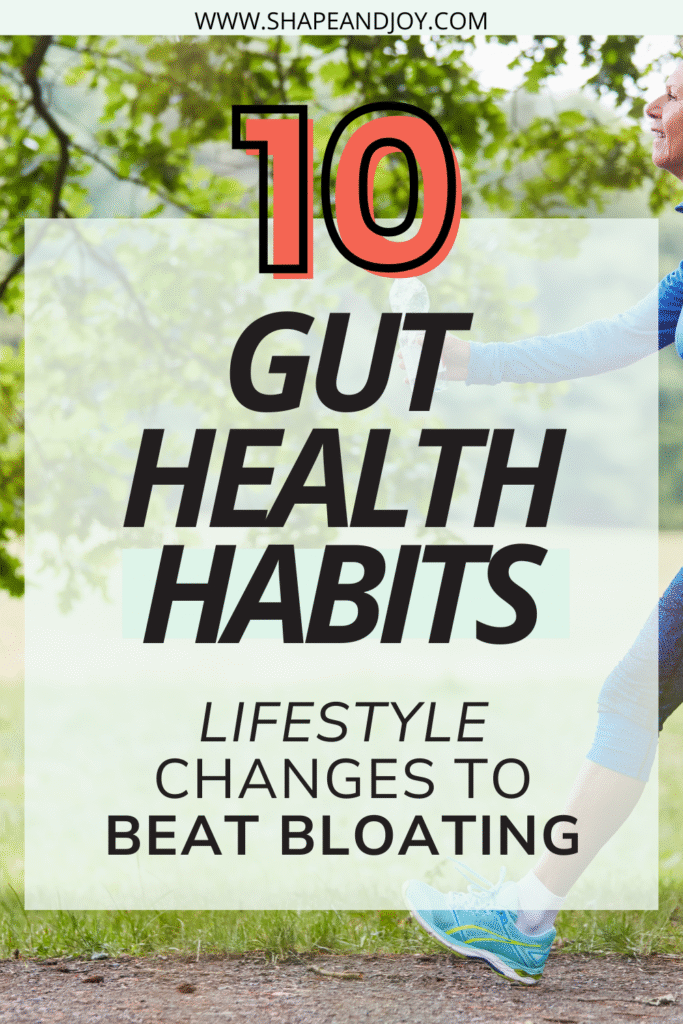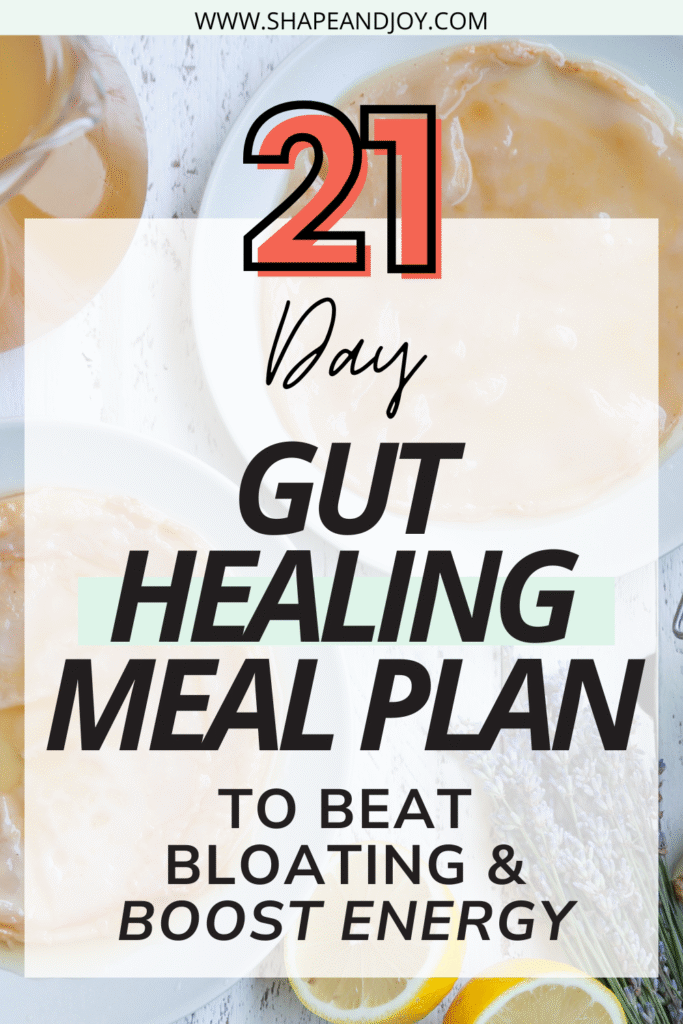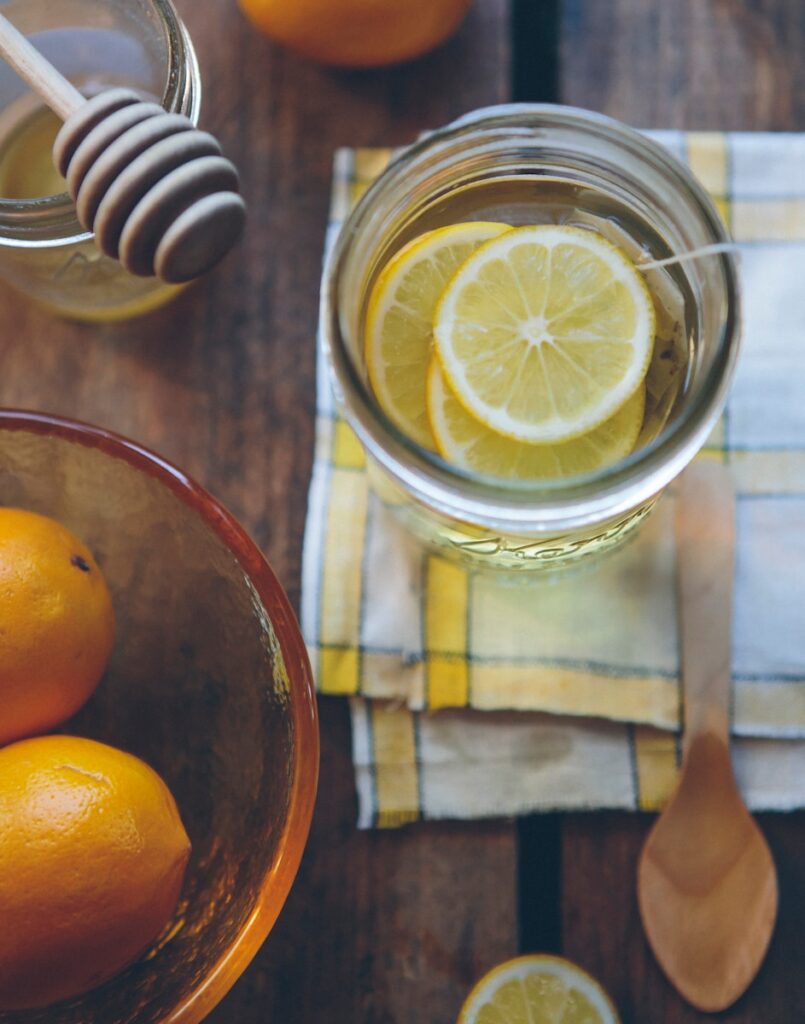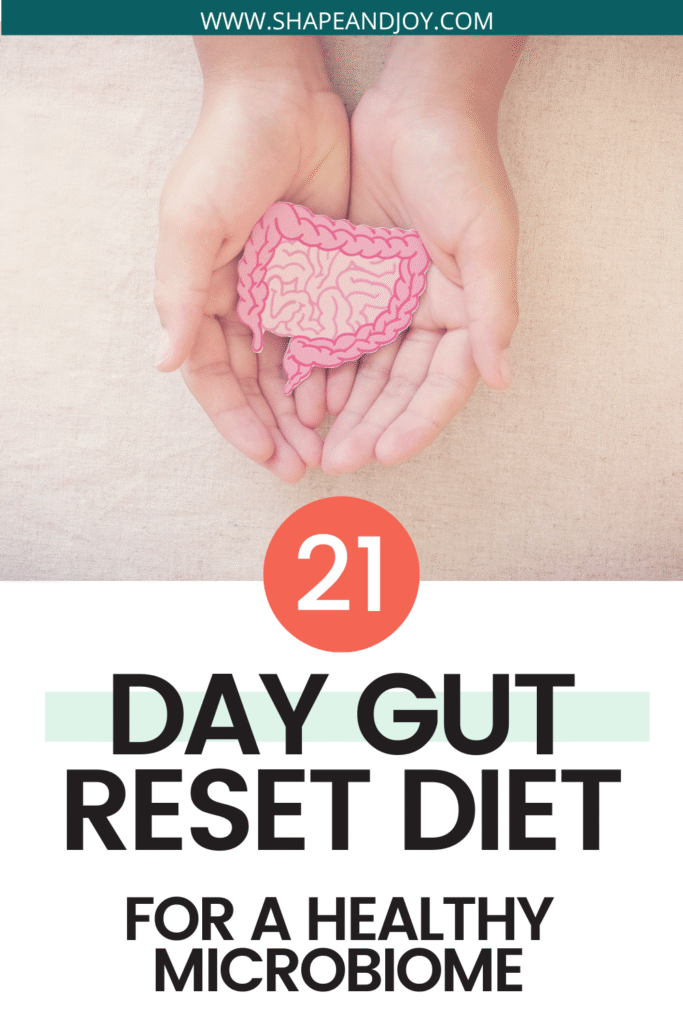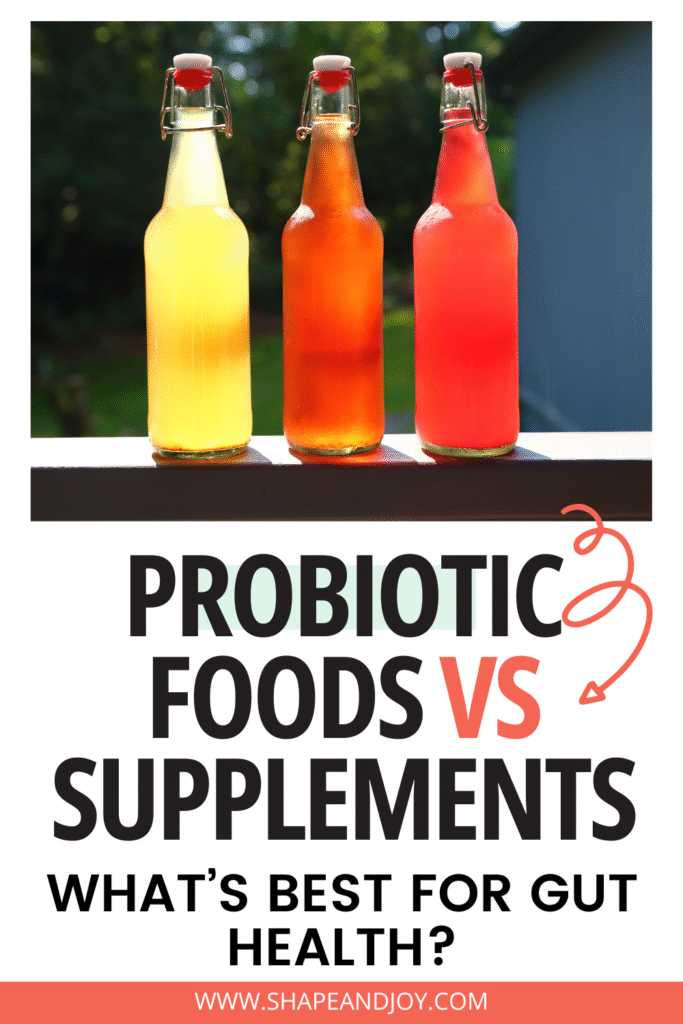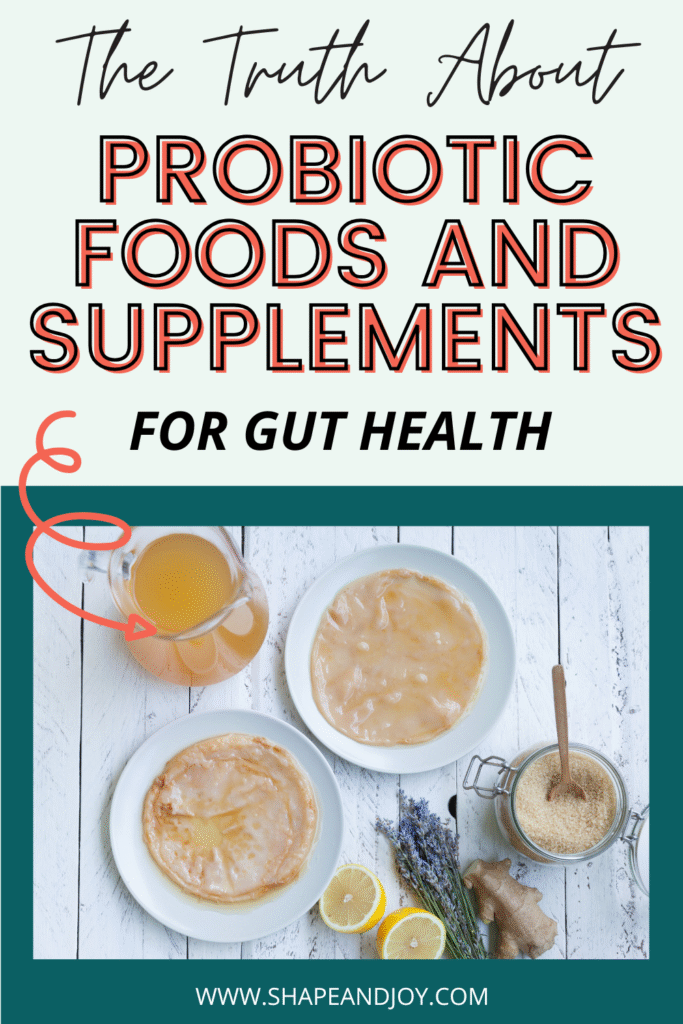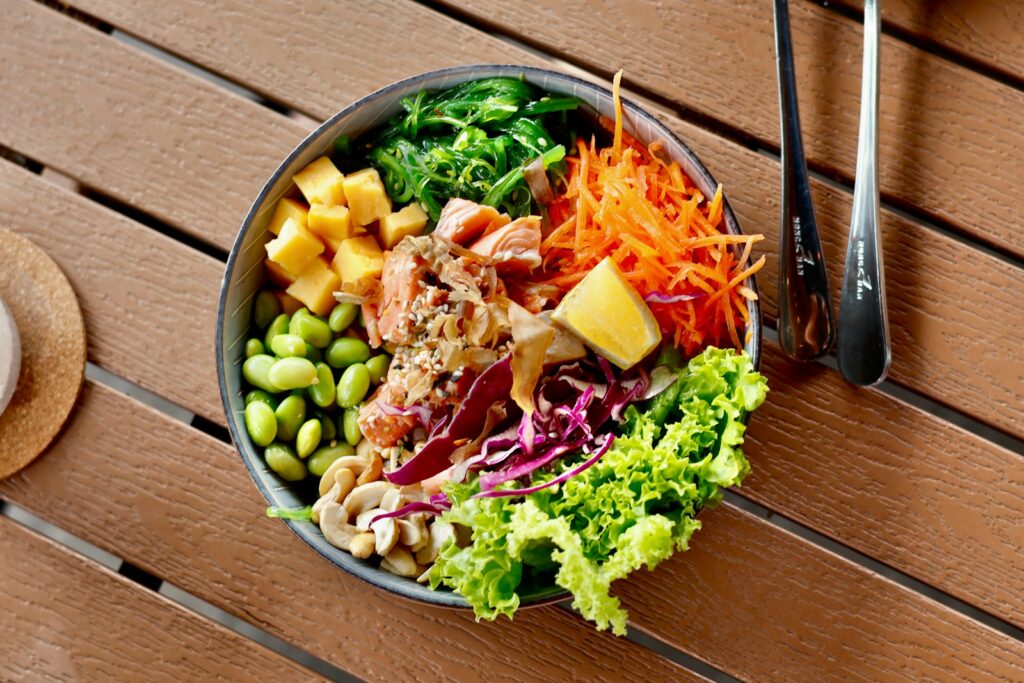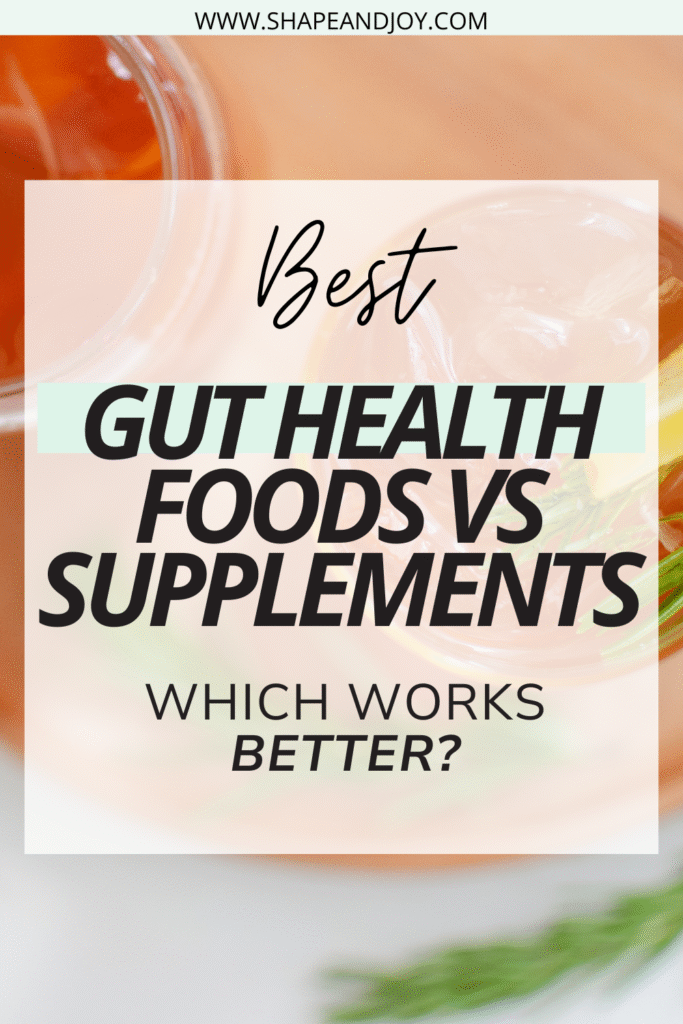Why a Detox Cleanse Doesn’t Work (and What to Do Instead)

A detox cleanse always sounds tempting, doesn’t it? Three days of juices, flat belly drinks, promises of “resetting” your body and magically losing belly fat by Monday. And when you’re bloated, fed up, or stuck with fat loss, that promise feels like a lifeline.
But here’s the uncomfortable truth: a detox cleanse doesn’t fix the problem, it usually creates new ones.
In this post, we’re busting the biggest detox myths once and for all.
You’ll learn why body detox cleanses, 3 day detox cleanse plans, and stomach cleanse teas don’t deliver lasting results, and what actually works instead if your goal is fat loss, better digestion, and a healthy weight that lasts.
So if you’ve ever finished a cleanse feeling lighter… only to rebound harder a week later, pull up a chair. Let’s get into it.
Detox Myth #1: You Need a Detox Cleanse to “Flush Toxins”
This is the big one. The reason detox marketing works so well is because it taps into fear, toxins everywhere, your body overwhelmed, needing help.
But your body already has a detox system. A very good one.
Your liver, kidneys, gut, and lymphatic system are detoxing you 24/7. They don’t take weekends off. They don’t need flat belly drinks or powders from Instagram.
When you do a detox cleanse, you’re not flushing toxins, you’re usually just reducing food volume, which leads to water loss. That’s why the scale drops quickly… and then pops right back up.
Detoxes don’t improve health. They just temporarily empty you out.

Detox Myth #2: A 3 Day Detox Cleanse Burns Fat
Let’s clear this up properly: fat loss does not happen in three days.
What you lose on a 3 day detox cleanse is:
- Water
- Glycogen
- Gut contents
What you don’t lose is body fat.
In fact, extreme restriction stresses your body, raises cortisol, and can actually slow fat loss. That’s why many people feel shaky, tired, and ravenous after a cleanse, your body thinks it’s under threat.
Sustainable fat loss comes from a healthy diet, adequate protein, and consistency, not starvation dressed up as “clean eating.”
Detox Myth #3: Flat Belly Teas and Drinks Fix Digestion
Flat belly drinks and detox teas are usually glorified laxatives or diuretics. Yes, they may reduce bloating temporarily. No, they do not improve digestion.
Real digestion improves when you:
- Eat enough fibre
- Include fat burning foods
- Chew properly
- Reduce stress
- Fuel consistently
If your gut is irritated, stripping food away won’t heal it. Supporting it will.
If digestion is a struggle for you, improving food quality matters far more than any stomach cleanse ever will.
📌 Pin this for later! ⬇

Detox Myth #4: Cutting Carbs Resets Your Body
Many detox plans sneak in a no carb diet under the guise of “cleanse” or “reset.”
But carbs aren’t toxins, they’re fuel.
Cutting carbs aggressively often:
- Disrupts digestion
- Increases cortisol
- Triggers cravings
- Makes fat loss harder, not easier
If you want the full breakdown on this, you’ll love Carbs: Friend or Foe? The Real Science Explained, where we unpack when carbs help and when they don’t.
Spoiler: it’s never as simple as “cut them all”.
Detox Myth #5: Low-Fat Detoxes Help Your Liver
Ironically, many body detox cleanse plans slash fat, which is the last thing your liver wants.
Healthy fats are essential for:
- Hormone production
- Nutrient absorption
- Liver function
- Stable energy
Low-fat detoxes often leave you hungry, cold, and craving sugar, which pushes you straight back into the binge–restrict cycle.
If you want to understand how fats actually support fat loss and health, the next read for you is The Truth About Fats: Which Ones Actually Help You Burn Fat.

What to Do Instead of a Detox Cleanse
If what you really want is:
- Less bloating
- Better digestion
- Sustainable fat loss
- A healthy weight
- A flatter, calmer belly
Then this is what actually works:
- Focus on food quality, not elimination
- Eat regular, balanced meals
- Prioritise protein and fibre
- Choose the best foods that support digestion
- Drink water consistently (not “cleanses”)
- Improve sleep and manage stress
This is where healthy recipes, meal planning, and realistic healthy eating tips make a difference, not restriction.
Fat loss happens when your body feels safe, fuelled, and supported. Not punished.
The Only “Reset” That Actually Works
The real reset isn’t a detox cleanse. It’s consistency.
It’s eating well most of the time. It’s choosing foods that burn fat fast because they support hormones, not because they’re trendy.
It’s building habits you can stick to on a normal Tuesday, not just for three miserable days.
If you’ve been chasing quick fixes, this is your sign to stop detoxing and start nourishing.
Read These Next
- Carbs: Friend or Foe? The Real Science Explained
- The Truth About Fats: Which Ones Actually Help You Burn Fat
- Calories vs Quality: What Actually Matters for Fat Loss
Conclusion
A detox cleanse doesn’t cleanse your body, it stresses it. While detoxes promise quick fixes, they rarely lead to real fat loss, better digestion, or lasting results. Your body already knows how to detox. What it needs is consistent fuel, food quality, and balance.
Stop chasing resets. Start building habits that actually work.
Next Steps
“Your body isn’t broken, it’s just tired of extremes.”
Read This Next: Calories vs Quality: What Actually Matters for Fat Loss
📌 Pin this for later! ⬇

















